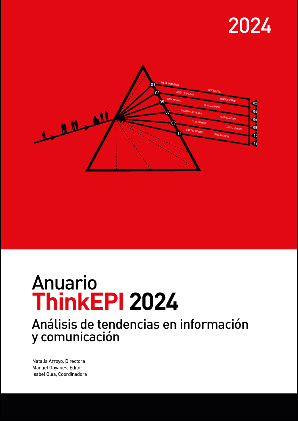The eternal return of the apocalypse. Some insights on Umberto Eco’s Apocalypse Postponed
DOI:
https://doi.org/10.3145/thinkepi.2024.e18a16Keywords:
Umberto Eco, Mass culture, Consumption, SemioticsAbstract
In 1964 Umberto Eco published Apocalypse Postponed, a book that addressed mass culture with methodological accuracy, avoiding the moral criticism common among the intellectuals of the time. Analyzing the aesthetic and sociological characteristics of cultural industry products, the Italian semiotician sought to overcome both the dichotomy between apocalyptic and integrated perspectives and the biases of the aesthetic and social critiques of that time. Inspired by Roland Barthes’ and Edgar Morin’s previous works, Eco examines the complexity of mass-produced cultural products, proposing a dynamic and heterogeneous approach in contrast to the previously dominant static and homogeneous view of mass culture. This analysis assesses the current relevance of Eco’s work and the elements that endure beyond the time of its publication.Downloads
Download data is not yet available.
Downloads
Published
2024-07-30
How to Cite
González, R. (2024). The eternal return of the apocalypse. Some insights on Umberto Eco’s Apocalypse Postponed. Anuario ThinkEPI, 18. https://doi.org/10.3145/thinkepi.2024.e18a16
Dimensions
Issue
Section
Regreso al futuro: conceptos revisitados y relecturas


